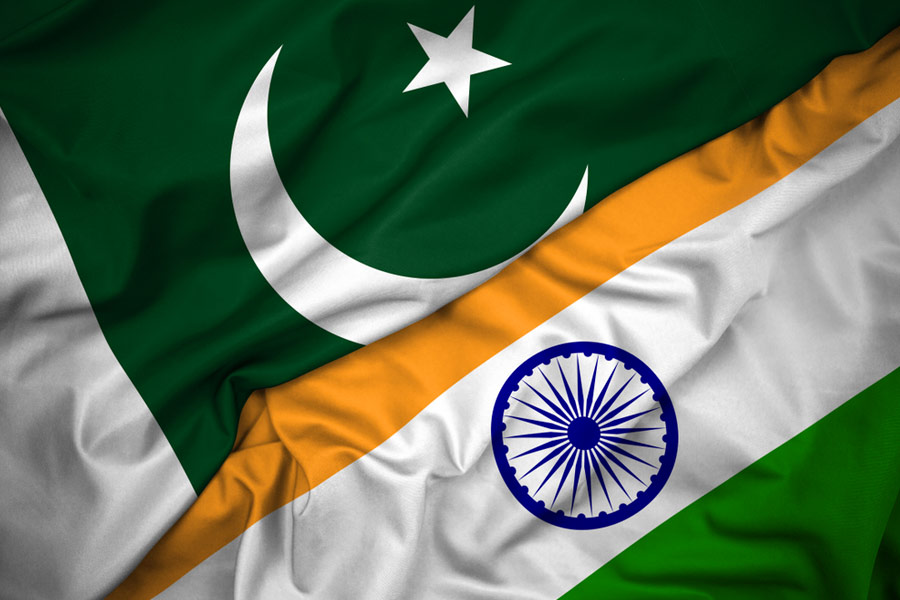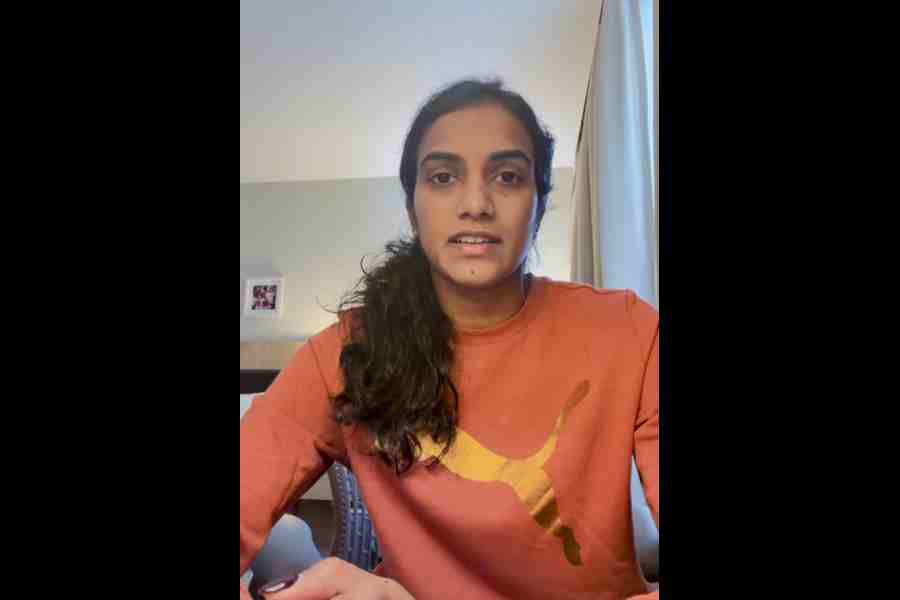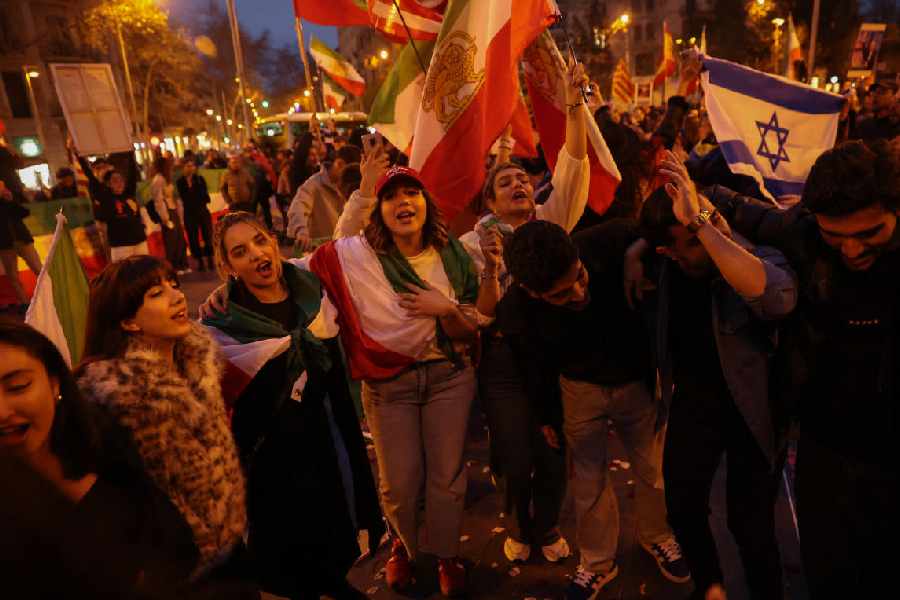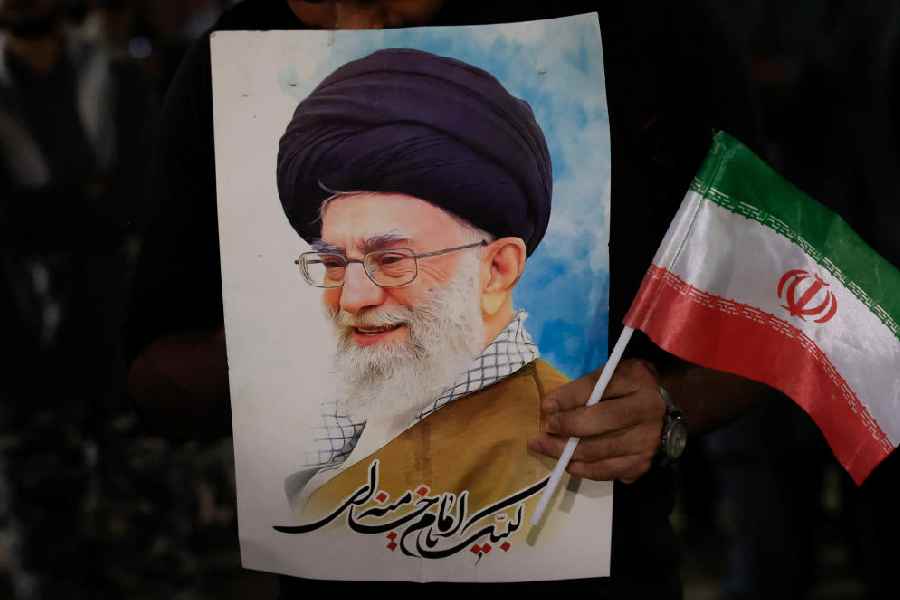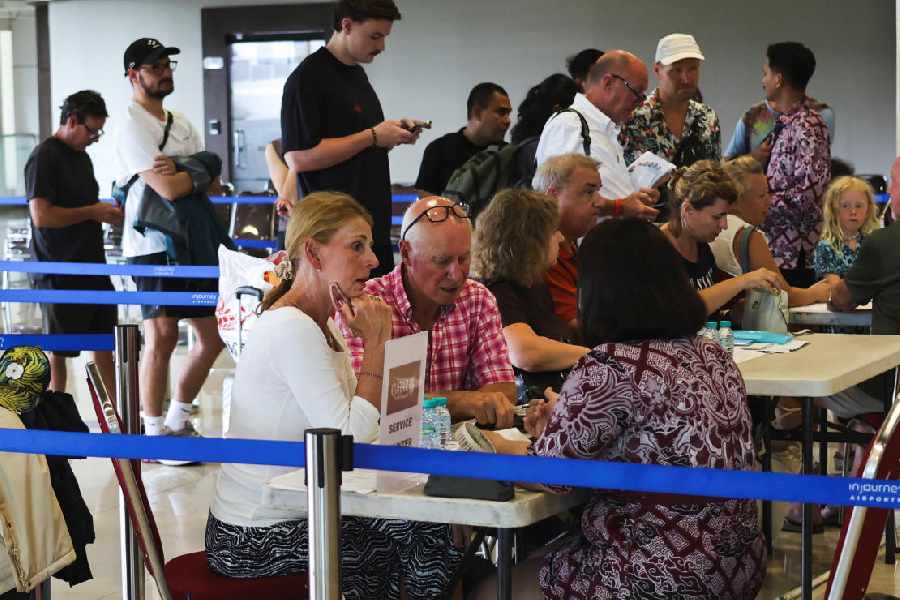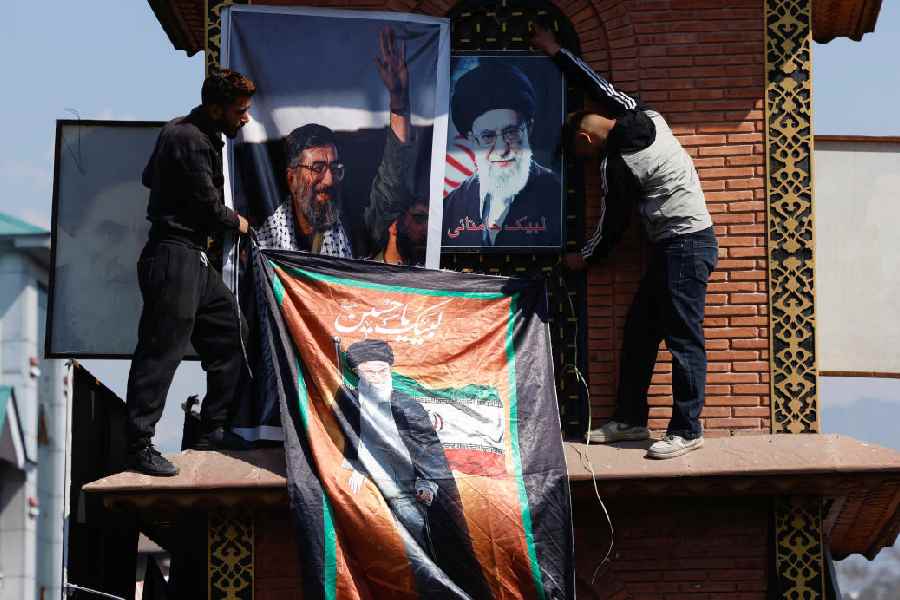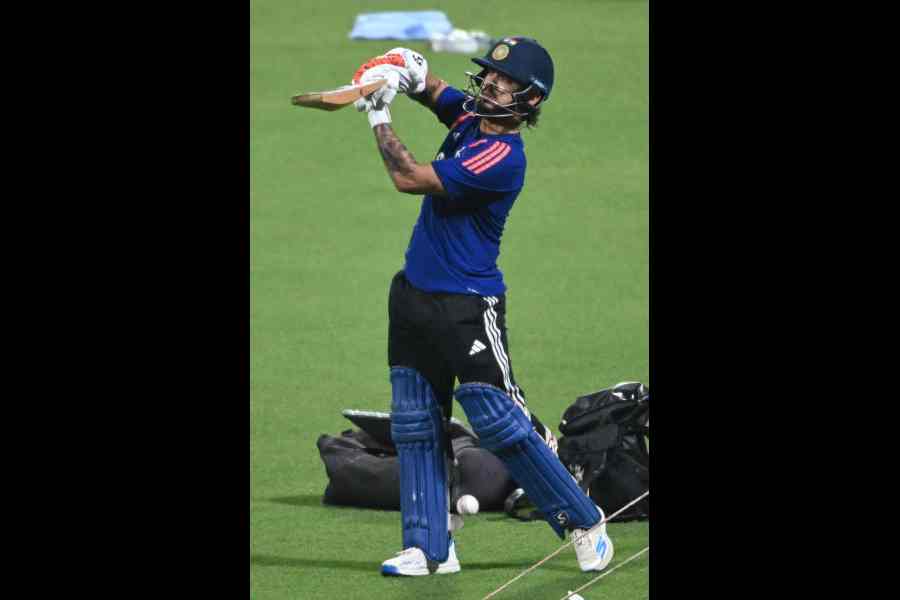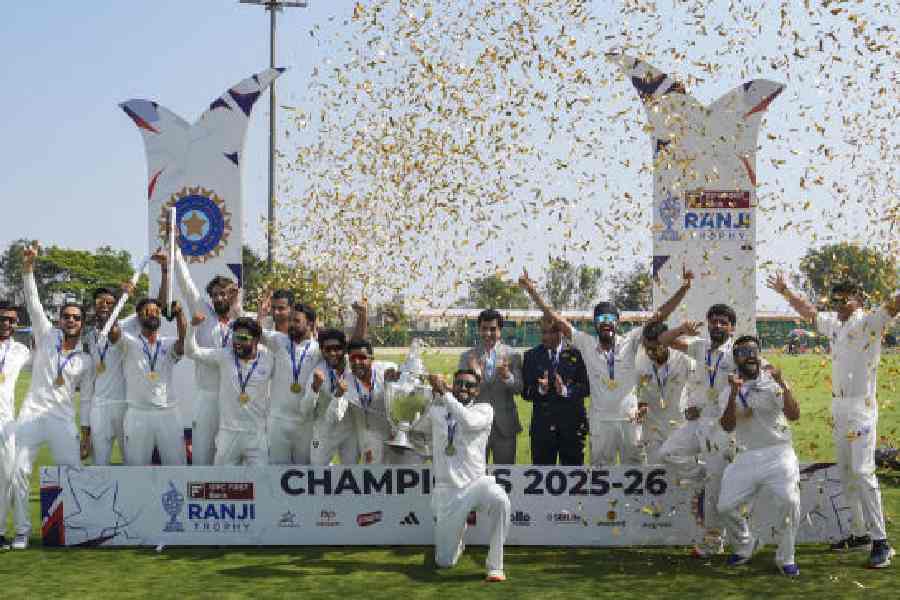The government on Thursday maintained a studied silence on Pakistan being appointed co-chair of the United Nations Security Council Counter-Terrorism Committee and chair of the Taliban Sanctions Committee, with the Congress describing the development as a "sad story of our own foreign policy collapse".
The BJP opted not to rise to the bait but the irony of the development was not lost on anyone, particularly as it comes close on the heels of the government’s all-party outreach to 33 nations — many of them permanent and non-permanent members of the UNSC — to mobilise opinion against Pakistan and its use of terrorism as state policy.
In the middle of this, the government was hit with a statement from Moscow that quoted US President Donald Trump as telling Russian President Vladimir Putin that he had intervened to resolve the military dispute between India and Pakistan, a claim the American has made multiple times.
"They also touched upon the Middle East and the armed conflict between India and Pakistan, which was stopped with the personal participation of President Trump," the Russian news agency TASS quoted from Kremlin aide Yury Ushakov’s briefing on the Trump-Putin telephone conversation.
Trump has claimed many times in the past month that the US brokered the "ceasefire", adding on some occasions that he had leveraged trade to get the two warring countries to stop firing at each other.
Indian external affairs ministry sources sought to play down Pakistan’s UNSC appointments, underlining that the neighbour had been selected for the two chairs as it is a non-permanent member of the committee.
All the existing committees and working groups are made up of the 15 members of the UNSC. The committees and working groups are chaired or co-chaired by designated members of the UNSC, who are announced on an annual basis by a note of the president of the council.
The presidency of the council rotates monthly.
No explanation was forthcoming on why other member countries did not stall Pakistan’s selection for these positions, that too so close to India’s political outreach. Nor was there any clarity on whether India planned to protest the decision, which many see as an affront to New Delhi’s efforts to isolate Pakistan for its sponsorship
of terrorism.
The seven outreach teams have visited 12 of the 15 countries which are either permanent or non-permanent members of the UNSC. The three UNSC member countries that these delegations did not visit were China, Pakistan and Somalia.
Congress leader Pawan Khera posted on X: “Of course, this is the sad story of our own foreign policy collapse, but how can the global community allow this continuous legitimisation of sponsorship of terrorism by Pakistan?”
Congress president Mallikarjun Kharge urged the world on behalf of the party to “understand and support India’s stand on terrorism emanating from Pakistan”.
Stating that India and Pakistan should not be hyphenated, he said the International Monetary Fund, Asian Development Bank and the World Bank deciding to sanction loans and bailout packages would only increase Pakistan’s military expenditure, “which its rogue army uses to unleash terror on Indians”.
Kharge described the developments within the UNSC as “most unfortunate, ill-informed and unacceptable”, adding that the international community must see merit in India’s case that Pakistan should be included back in the Financial Action Task Force Grey List for monitoring its terror financing.

